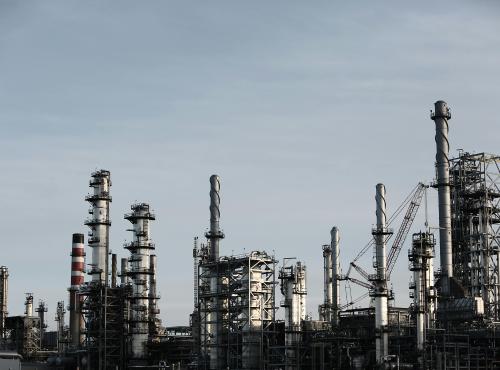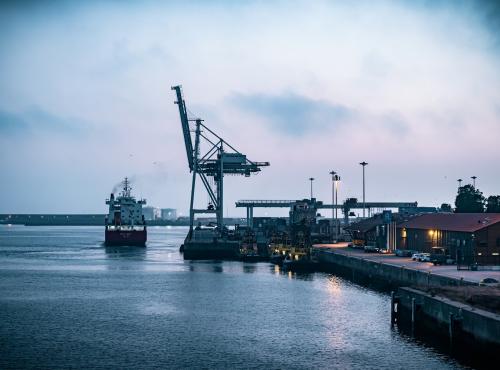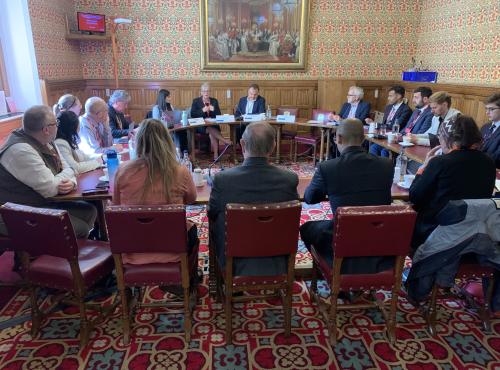FT: 'Hinkley point price is a big nuclear hedge'
The Government has agreed a deal with EDF to build the UK's first new nuclear power station in a generation. French company EDF will lead a consortium, that includes Chinese investors, to build two new reactors at Hinkley Point in Somerset, with generation expected to commence in 2023. Under the agreement, power from the new power station will be purchased at £89.50 per megawat hour should EDF construct two more reactors at Sizewell in Suffolk, or £92.50 per megawatt hour should it go ahead with solely the Hinkley Point project.
The so called 'strike price' is a guaranteed price at which power will be purchased from the power station under the Contracts for Difference scheme being introduced in the Energy Bill. Under the contract, the wholesale price that EDF receives for electricity from the power station will be topped up to the agreed strike price through a levy on all consumers bills. If the wholesale price of electricity goes above the strike price, EDF will refund the additional revenue. Writing in the Financial Times, columnist John McDermott used Carbon Connect's nuclear costs spreadsheet, released last week before the strike price announcement, to explore the implications of the Hinkley deal, likening the deal to a financial hedge, whereby the Government has fixed a price with EDF that it expects will be competitive with other sources of power in future. Although the 'strike price' is set at almost twice the current wholesale price of electricity (£55 per megawatt hour), prices are expected to be higher in future as carbon pricing pushes up the costs of fossil fuel generation, which currently provides the majority of the UK's electricity supply. Carbon Connect is exploring the implications of the deal in its current inquiry on nuclear power, the report from which will be launched in February 2014.



